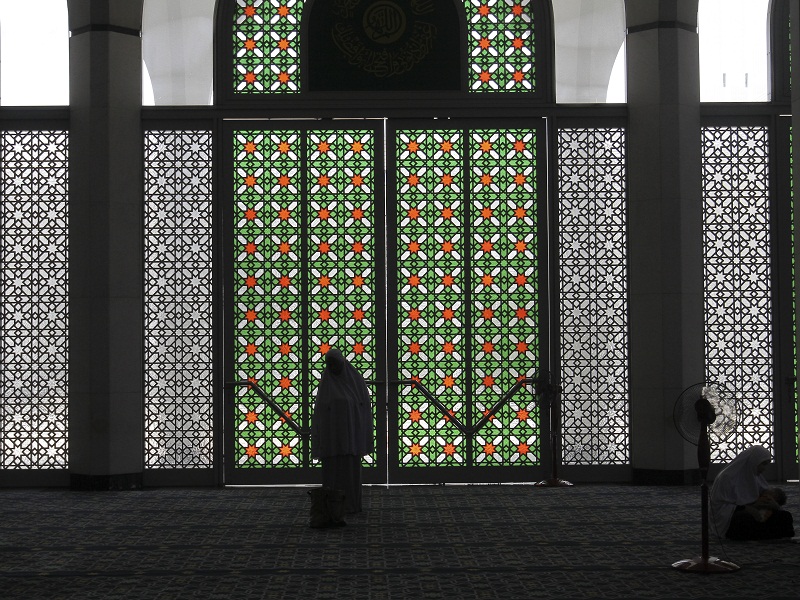KUALA LUMPUR, Oct 15 ― Muslim women from the peninsula east coast states of Kelantan, Terengganu, and Pahang are the least likely to accept cross-religious interactions, such as marrying someone from another religion or allowing non-Muslims to attend weddings in mosques.
The survey by rights group Sisters in Islam (SIS) on Muslim women’s realities in Malaysia found that in comparison, the acceptance and tolerance of East Malaysians were the highest, followed by those in the South.
“Marrying someone from another religion was ranked seventh [acceptable],with only 69 per cent acceptance, and respondents from the East Coast being the least accepting group at 42 per cent,” report titled “Perception and Realities: The Public and Personal Rights of Muslim Women in Malaysia” published today.
“Allowing a non-Muslim to attend an Ijab Qabul ceremony (Islamic matrimonial ceremony) in mosques was perceived as the most unacceptable act (65 per cent), with East Coast respondents being the least accepting of it, at only 35 per cent.”
In the survey, only 42 per cent of East Coast women agree to marrying from another religion, and just 35 per cent agreed to non-Muslims attending the ceremony in mosques.
They also had the lowest proportion of those who agreed with a man who decides not to get married at all, or for a Muslim couple to adopt a non-Muslim child.
East Coast women also had the highest proportion of those who found it unacceptable for a transgender person to dress up according to their preference, with 89 per cent feeling it was unacceptable.
They also had the highest proportion of those who found Muslims attending a funeral in a church and Muslims attending a Hindu wedding in a temple unacceptable.
This comes as 75 per cent of all respondents saying that practising Islam “in a practical way, depending on the situation” is unacceptable.
“Looking at the data above, and as we progress within a democratic society, urgent steps must be taken to move away from the divisive politicisation of race and religion.
“All citizens in Malaysia have equal rights as per the Federal Constitution, and they should therefore be treated equally,” the report said.
The survey was implemented by research firm Ipsos between 2018 and 2019 through two phases, with the quantitative phase involving 675 Muslim women across the country aged between 18 and 55.



















